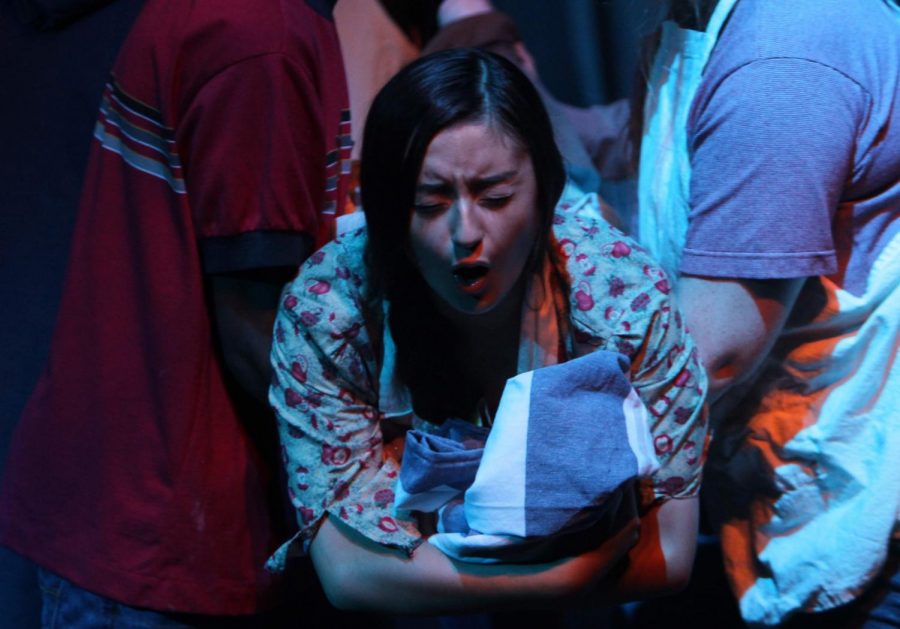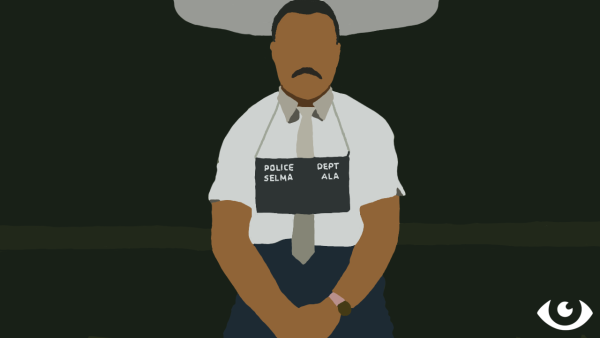Review: YPAS’s “Anon(ymous)” allows actors to shine
October 1, 2019
On Sept. 28, Youth Performing Arts School (YPAS) produced the closing show of their latest theatre production: “Anon(ymous)”. Based on Homer’s “Odyssey”, the show follows Anon, a young refugee boy, through the heart-wrenching struggles of finding a place for himself in a new country. He painstakingly searches for his mother, who he was separated from when their boat across the border crashed, and makes several companions for himself along the way.
“Anon(ymous)” details relevant issues in today’s society. The characters tell the story of families in refugee camps and the different traumatic backstories they each carry on their backs. Characters face homelessness and hunger. A man dressed in a bullet-proof vest separates a woman and her child.
The sorrow, grief and trauma the actors portrayed highlighted the whole point of the show: the contents of this play are very real and it’s happening somewhere right now. Jordyn Jenkins (12, YPAS), who played the part of Anon, captivated the audience by how well she demonstrated her character’s desperation and anxiety. Jenkins’ cries echoed throughout the theater, so clearly depicting the pain Anon was feeling.
The entire cast exhibited extreme skill. The YPAS students delivered poignant monologues, shouting rants and ironic jokes without the blink of an eye. They immersed the audience into a vivid, fear-striking and eye-opening experience that was unforgettable.
In terms of its likeness to the “Odyssey”, “Anon(ymous)” hits all the key points. We meet the “Anon(ymous)” of equivalent Cyclops, a cannibalistic butcher with an eyepatch and a pet bird, Athena, who visits Anon in his dreams and Penelope, Anon’s mother, who works in a sweatshop and wards off her suitors by weaving and unraveling a shroud for her son every day.
However, the plot twisted and turned in confusing directions. Frequent flashbacks fogged up what was currently happening in Anon’s life and what had happened before. The character of Naja, the “Anon(ymous)” equivalent of Athena, faded in and out through the story, yet Anon never seemed to remember her and it was unclear whether Naja was actually present in the scene or just in Anon’s head.
Though the plot of “Anon(ymous)” was at times confusing, the message at the heart of the story stood out loud and clear. It reminded us that refugees are just as human as we are and the cast did an excellent job bringing that emotion into the story. The lesson “Anon(ymous)” teaches is one everyone needs to remember and was definitely worth the watch.



















